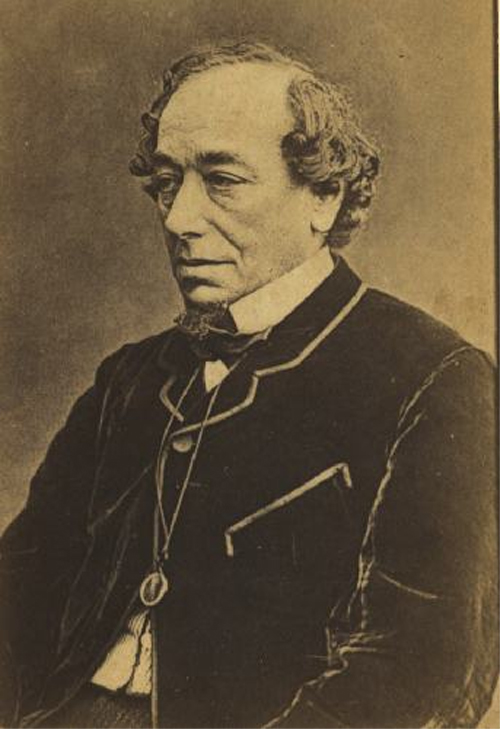'The end of all existence is debarred me': Disraeli's depression 1826-30
Historian article

During the years from 1826 to 1830 Benjamin Disraeli went through the slough of despond. His first major biographer,William Flavelle Monypenny, observed the ‘clouds of despondency which were now settling upon Disraeli's mind'. In his magisterial life of the great tory leader Robert Blake commented that ‘after completing Part II of Vivian Grey Disraeli collapsed'. He was not only ‘utterly exhausted' but ‘seriously ill, and it was over three years before he managed to recover.' Blake concluded that ‘today it would perhaps be described as a nervous breakdown.' Jane Ridley in her recent study of The Young Disraeli (1995) accepts this diagnosis, even giving the title ‘Nervous Breakdown' to her chapter covering the years in question.
What had brought about this prolonged bout of mental illness? Although as Blake points out Disraeli was prone to ‘psychosomatic illnesses' this attack was more intense and longer lasting than any other episodes in his early career. Two possible explanations of it have been advanced. ‘The financial disaster and literary abuse to which Disraeli was subjected in 1825-6', writes Jonathan Parry in the Oxford Dictionary of National Biography, ‘almost certainly contributed to the onset of a major nervous crisis that affected him for much of the next four years.' The financial disaster came about through the failure of his speculations in South American mining ventures. The literary abuse arose through Disraeli's dealings with the publisher John Murray, and his unfortunate exposure of them in his rash novel Vivian Grey.
This resource is FREE for Historian HA Members.
Non HA Members can get instant access for £2.75

